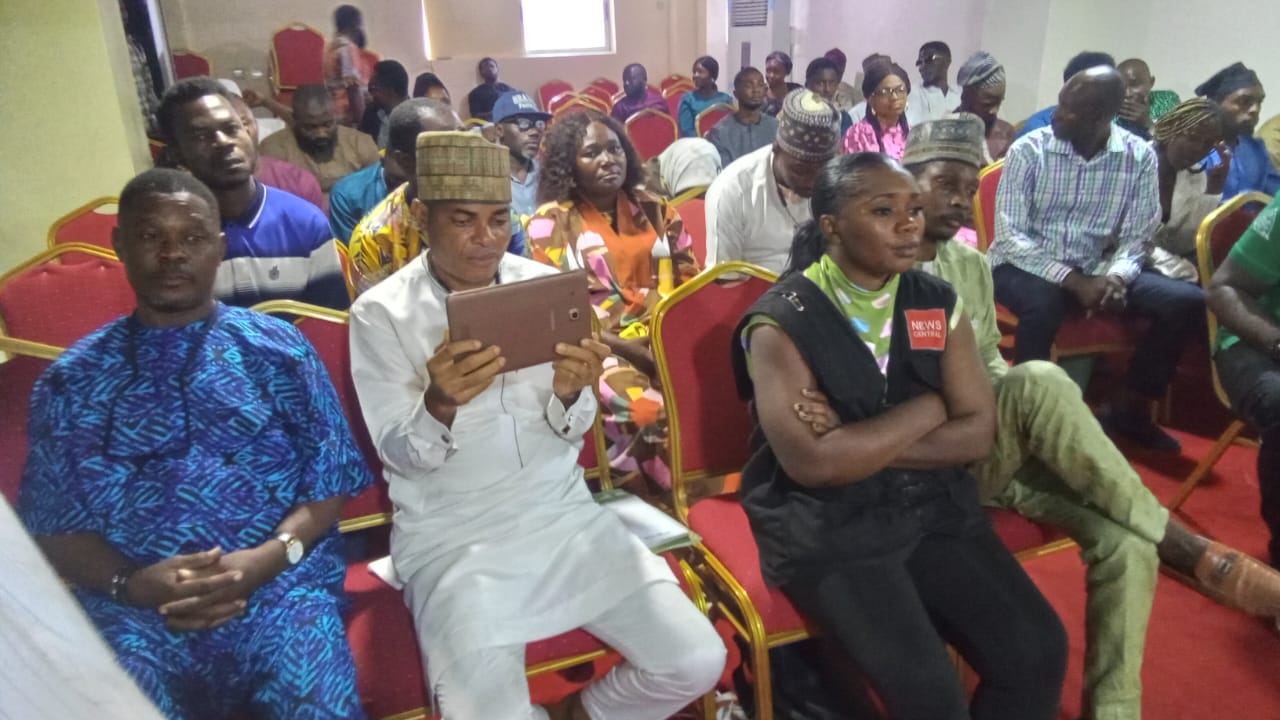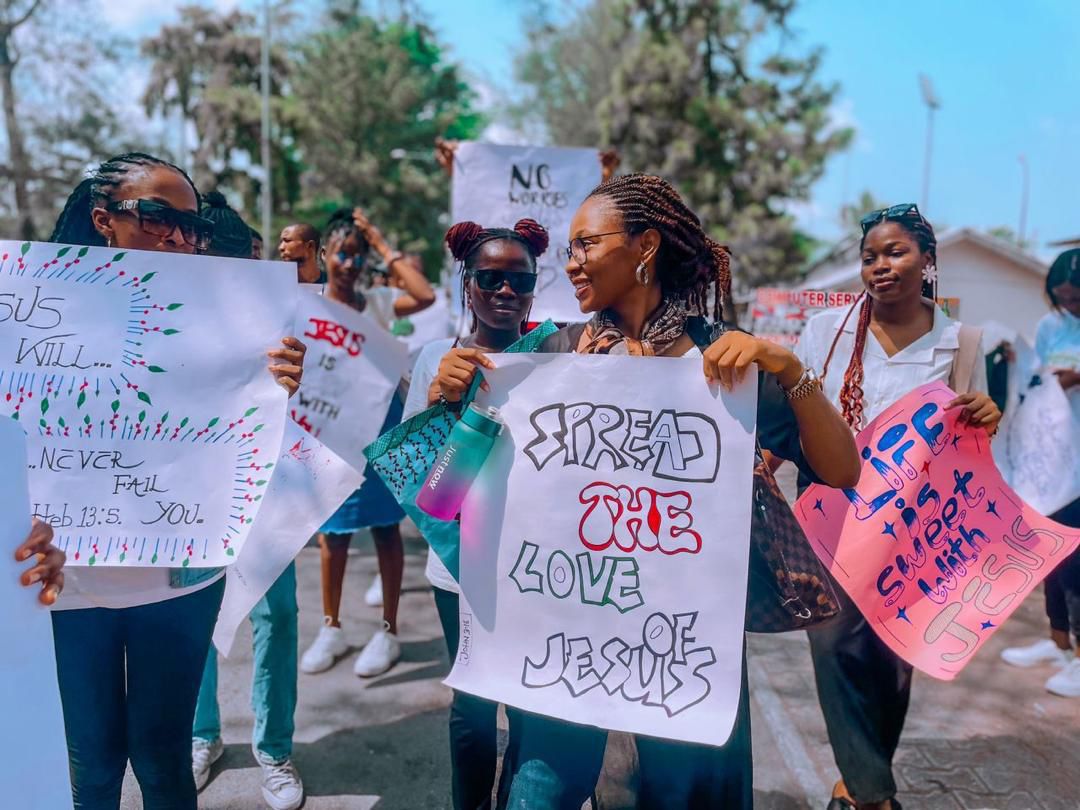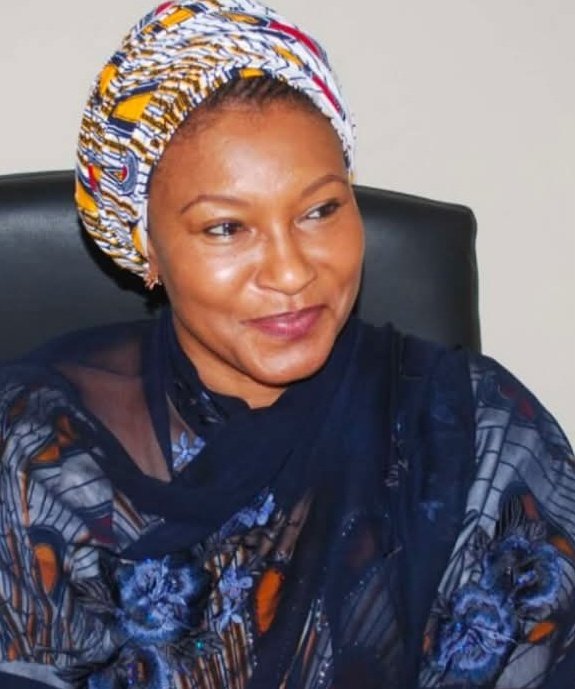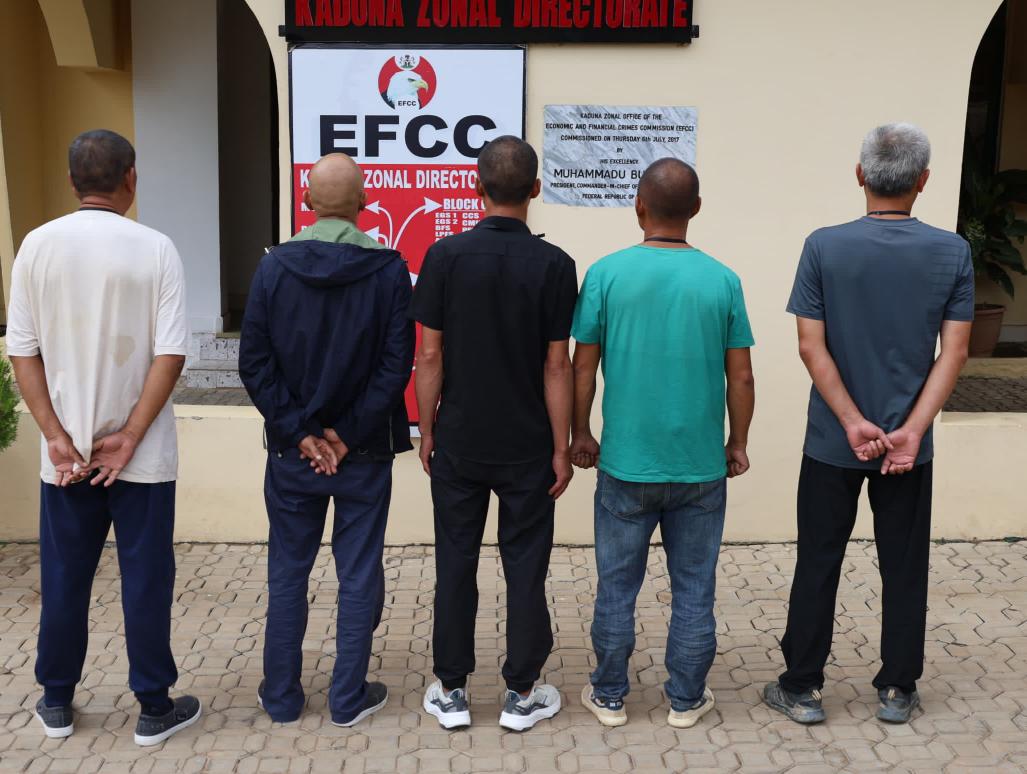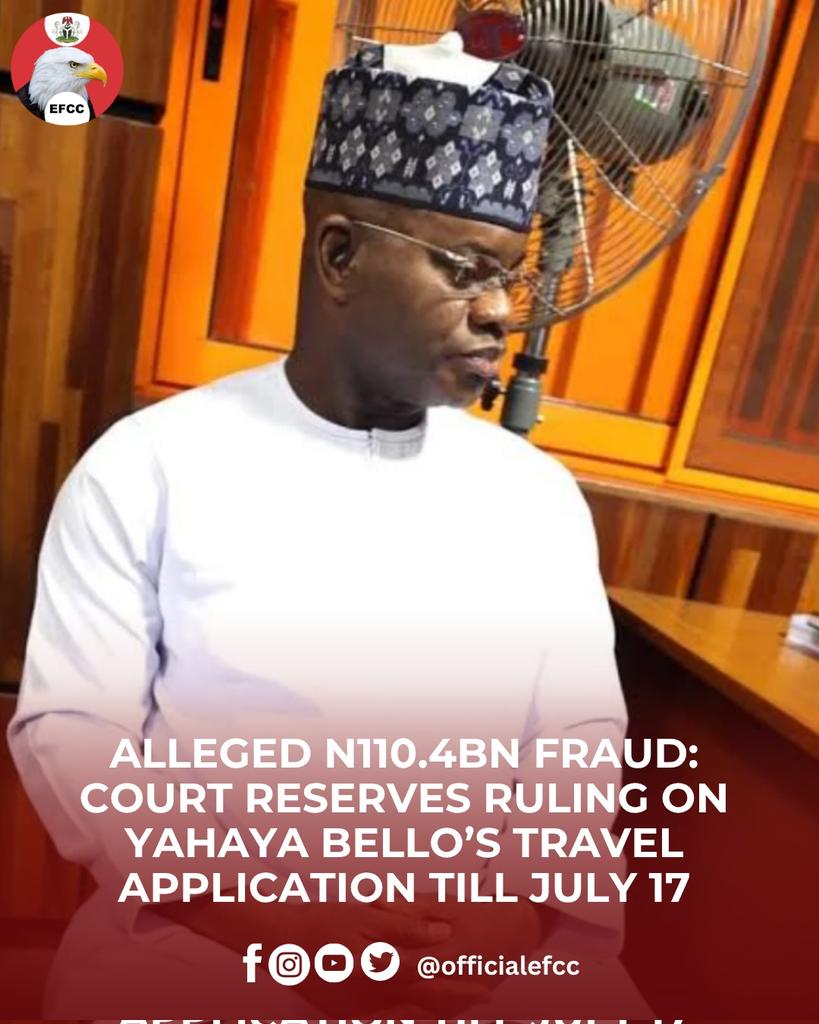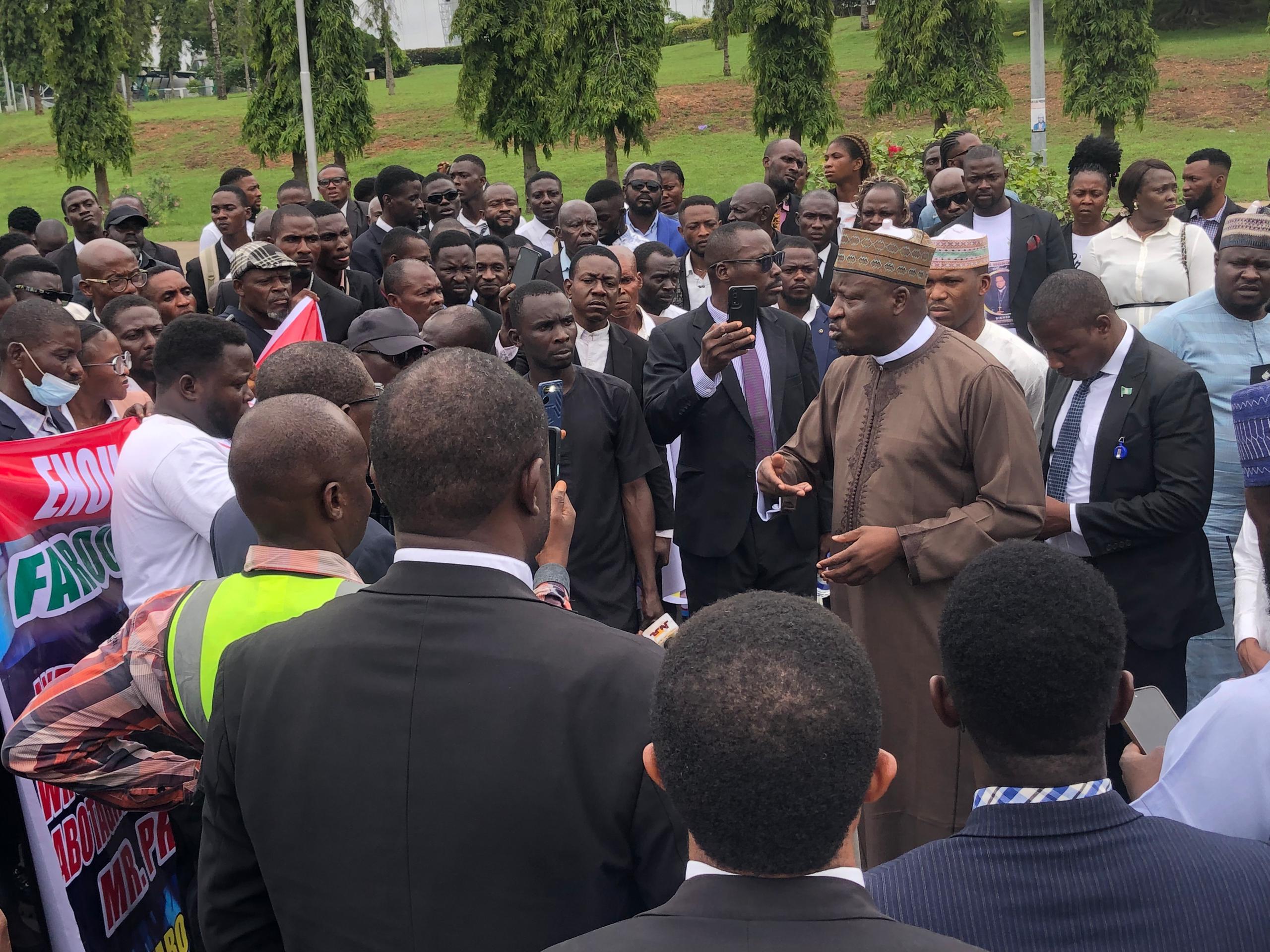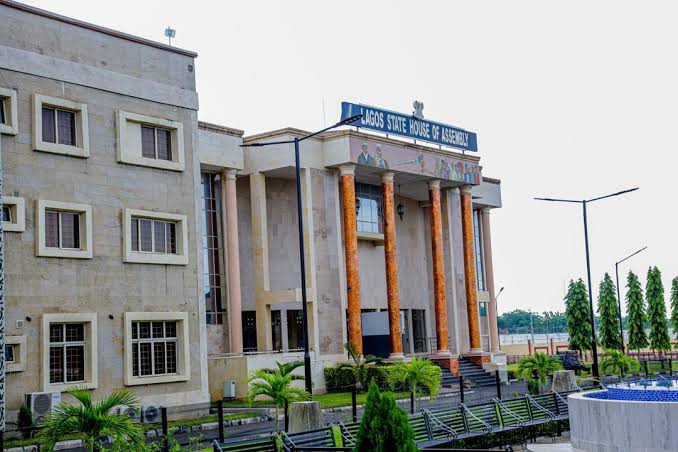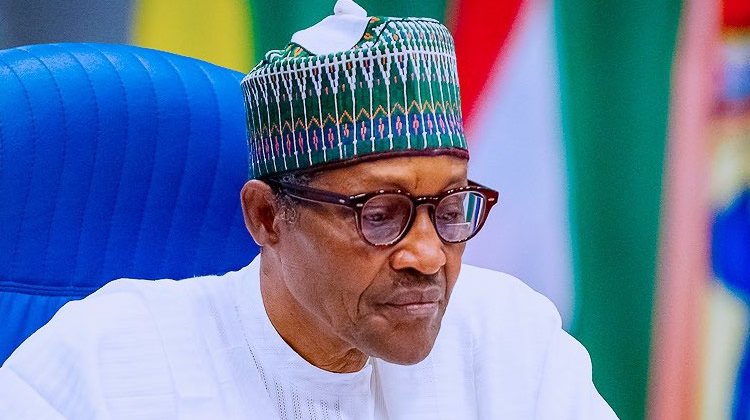
Buhari Withholds Assent to Electoral Bill, Says Imposing Direct Primaries Undemocratic
- Bayo Adetu
- December 21, 2021
- NEWS
- 0 Comments
President Muhammadu Buhari, yesterday, notified the National Assembly of his resolve to withhold assent to the Electoral Act (Amendment) Bill 2021 in line with the provisions of Section 58(1) & (4) of the 1999 Constitution (as amended).
The president in a letter to the leadership of the National Assembly, exclusively obtained by THISDAY, clearly highlighted his reasons for refusing to sign the bill into law.
Buhari, whose letter to the lawmakers was obtained by THISDAY on the last day of the 30 days stipulated in the constitution for him to communicate his position on the bill, stressed that political parties should be allowed to freely exercise right of choice in deciding which of either direct or indirect primaries to adopt in the conduct of their primary elections as their respective realities might permit.
He argued that direct primaries as envisaged by the Electoral Act (Amendment) Bill 2021 would significantly raise the cost of conducting primary elections by political parties and could have negative implications on the outcome of elections.
In the letter titled: “Withholding of Assent to Electoral Act (Amendment) Bill 2021,” Buharistated: “Further to the letter dated 18th November, 2021 forwarded for Presidential assent, the Electoral Act (Amendment) Bill 2021, as passed by the National Assembly, I have received informed advice from relevant Ministries, Departments and Agencies of the government, and have also carefully reviewed the bill in light of the current realities prevalent in the Federal Republic of Nigeria in the circumstances.”
He pointed out that arising from the review, it was worthy to note that the conduct of elections for the nomination of party candidates solely via direct primaries as envisaged by the Electoral Act (Amendment) Bill 2021, “has serious adverse legal, financial, economic and security consequences, which cannot be accommodated at the moment considering our nation’s peculiarities.”
This, Buhari further said, “also has implications on the rights of citizens to participate in the government as constitutionally ensured.”
He explained: “The Electoral Act (Amendment) Bill 2021, seeks to amend certain provisions of the extant Electoral Act 2010. Part of the objective of the Bill is the amendment of the present Section 87 of the Electoral Act, 2010 to delete the provision for the conduct of indirect primaries in the nomination of party candidates such that party candidates can henceforth only emerge through direct primaries.
“The conduct of direct primaries across the 8,809 wards across the length and breadth of the country will lead to a significant spike in the cost of conducting primary elections by parties as well as increase in the cost of monitoring such elections by INEC, who has to deploy monitors across these wards each time a party is to conduct direct primaries for the presidential, gubernatorial and legislative posts.
“The addition of these costs with the already huge cost of conducting general elections will inevitably lead to huge financial burden on both the political parties, INEC and the economy in general at a time of dwindling revenues.”
Furthermore, the president held that the indirect consequences of the issues of high cost and monetisation were that it would raise financial crimes and constitute further strain on the economy.
It will also stifle smaller parties without the enormous resources required to mobilise all party members for the primaries, he said.
According to him, this would not be healthy for the sustenance of multi-party democracy in Nigeria.
“In addition to increased costs identified above, conducting and monitoring primary elections across 8,809 wards will pose huge security challenges as the security agencies will also be overstretched, direct primaries will be open to participation from all and sundry and such large turn-out without effective security coordination will also engender intimidation and disruptions, thereby raising credibility issues for the outcomes of such elections.
“The amendment as proposed is a violation of the underlying spirit of democracy, which is characterised by freedom of choices. Political party membership is a voluntary exercise of the constitutional right to freedom of association. Several millions of Nigerians are not card-carrying members of any political party.
“Thus, the emphasis should be on enabling qualified Nigerians to vote for the candidate of their choice during general election as a means of participation in governance and furtherance of the concept of universal adult suffrage or universal franchise.”
Additionally, he noted that the proposed amendment might also give rise to “plethora of litigations based on diverse grounds and issues of law including but not limited to the fact that the proposed amendment cannot work in retrospect given that the existing constitution of the parties already registered with the Independent National Electoral Commission (INEC), permits direct, indirect and consensus primaries.
“This real possibility, will, without doubt, truncate the electoral programme of the nation as another electoral exercise is imminent towards a change of Government in 2023. Nigeria is at the moment still grappling with the issues of monetisation of the political process and vote buying at both party and general election.
The direct implication of institutionalising only direct primaries is the aggravation of over[1]monetisation of the process as there will be much more people a contestant needs to reach out to thereby further fuelling corruption and abuse of office by incumbent contestants,who may resort to public resources to satisfy the increased demands and logistics of winning party primaries,” he argued.
Buhari also insisted that direct primaries would be subjected or susceptible to manipulation or malpractices as most parties cannot boast of reliable and verified membership register or valid means of identification, which therefore means non-members could be recruited to vote by wealthy contestants to influence the outcome.


